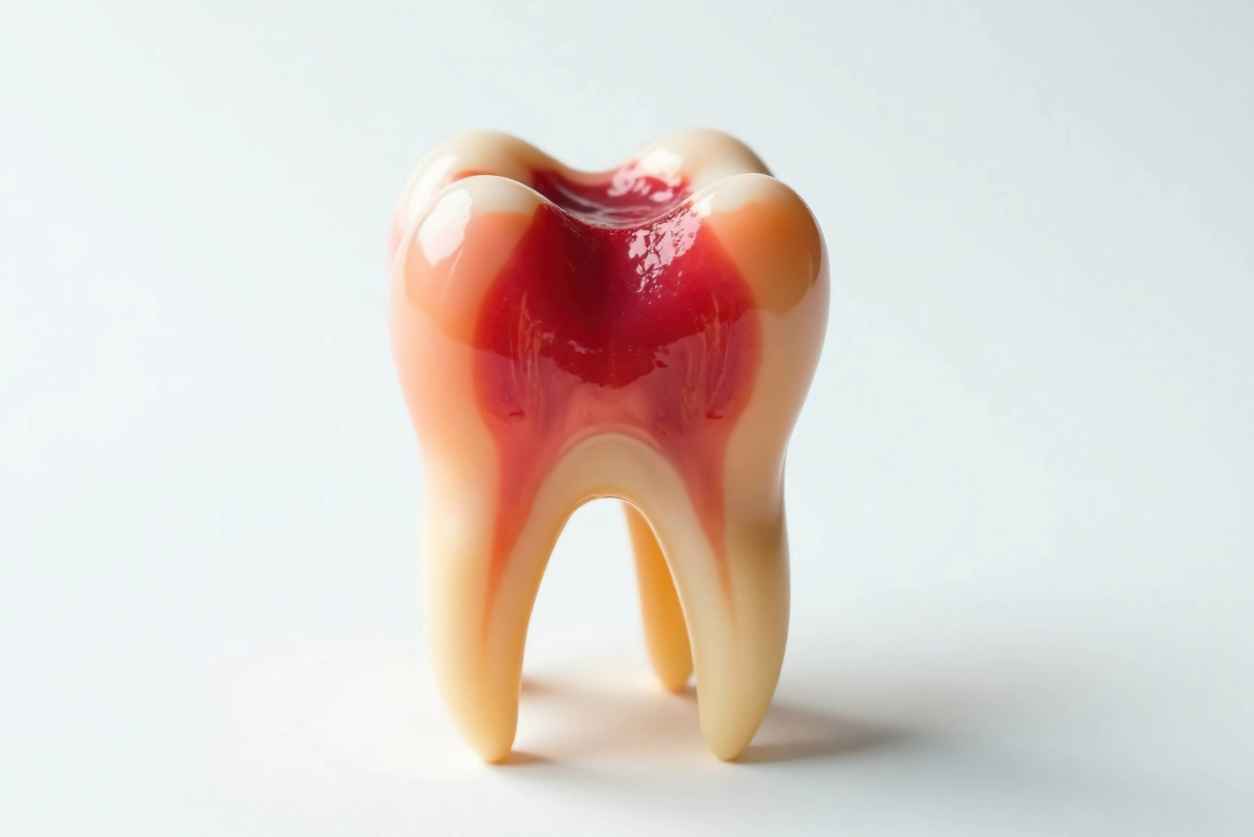


If you’ve ever had a toothache that just won’t quit, you probably know how quickly it can take over your day — or night. Sometimes, that nagging pain signals more than just a cavity; it could mean a tooth infection is brewing. And trust me, tooth infections are no joke. They’re not only painful but can lead to serious health problems if ignored. So, understanding the symptoms and acting fast can make all the difference between a quick fix and a complicated emergency.
Let’s start with the basics. A tooth infection happens when bacteria sneak past your tooth’s protective layers — like enamel and dentin — and invade the pulp, which is the soft, sensitive core of your tooth filled with nerves and blood vessels. This often happens because of untreated cavities, cracks, or dental injuries. Once bacteria settle in, your body reacts with inflammation, swelling, and sometimes pus formation, which leads to that familiar throbbing pain.
If left untreated, the infection doesn’t just hang around your tooth — it can spread to your jawbone, face, or even other parts of your body, causing serious health risks. So it’s crucial to catch the signs early.
How do you know when that toothache is more than just a minor annoyance? Here are some telltale signs to look out for:
If you notice one or more of these symptoms, don’t brush it off. It’s time to see your dentist.

You might wonder, “Can a tooth infection really get that bad?” The short answer: yes, it can. When the infection isn’t treated promptly, it can spread beyond the tooth to your jawbone, soft tissues, or bloodstream, leading to conditions like cellulitis or even sepsis — which are medical emergencies.
Watch out for these serious warning signs that the infection is spreading:
If any of these occur, get to an emergency room right away.
You might be asking, “How did this happen in the first place?” Bacteria usually gain access to your tooth through:

Certain lifestyle and health factors raise your risk of developing an infection, including:
If your toothache sticks around for more than a day or comes with swelling, fever, or trouble breathing or swallowing, don’t wait — call your dentist immediately. You should also seek urgent care if:
Until your appointment, over-the-counter pain relievers like ibuprofen can ease discomfort. Avoid very hot or cold foods and try eating soft, cool meals. Also, steer clear of chewing on the painful side.
Q: How long does a tooth infection last?
A: Without treatment, a tooth infection can persist and worsen over days or weeks. With prompt dental care, symptoms often improve quickly after procedures like antibiotics or root canal therapy.
Q: Can a tooth infection go away on its own?
A: No, tooth infections won’t resolve without treatment. The infection can spread and cause serious complications if ignored.
Q: Is a tooth infection contagious?
A: The infection itself isn’t contagious, but the bacteria causing it can spread through saliva, so good hygiene is important.
Q: Can I use home remedies to treat a tooth infection?
A: Home remedies like saltwater rinses can provide temporary relief, but they don’t cure the infection. Professional dental treatment is necessary.
Q: When is a tooth infection an emergency?
A: If you have swelling that affects breathing or swallowing, a high fever, or severe pain, seek emergency care immediately.
Q: Does a tooth infection cause fever?
A: Yes, fever is a common sign that your body is fighting an infection.
Prevention really is the best medicine. Here’s what you can do to keep those infections at bay:
A tooth infection is far more than a simple toothache — it’s a red flag your body sends when something’s seriously wrong. Early recognition of symptoms and getting prompt dental care can save you pain and prevent complications that affect your overall health.
If you or a loved one experience symptoms like persistent tooth pain, swelling, fever, or difficulty breathing, don’t hesitate. Contact your dentist right away. Many dental offices now offer online consultations and rapid treatment options to get you relief quickly.
Remember, your oral health isn’t something to put on the back burner. It’s an essential part of your wellbeing — so act fast and take good care of your smile!